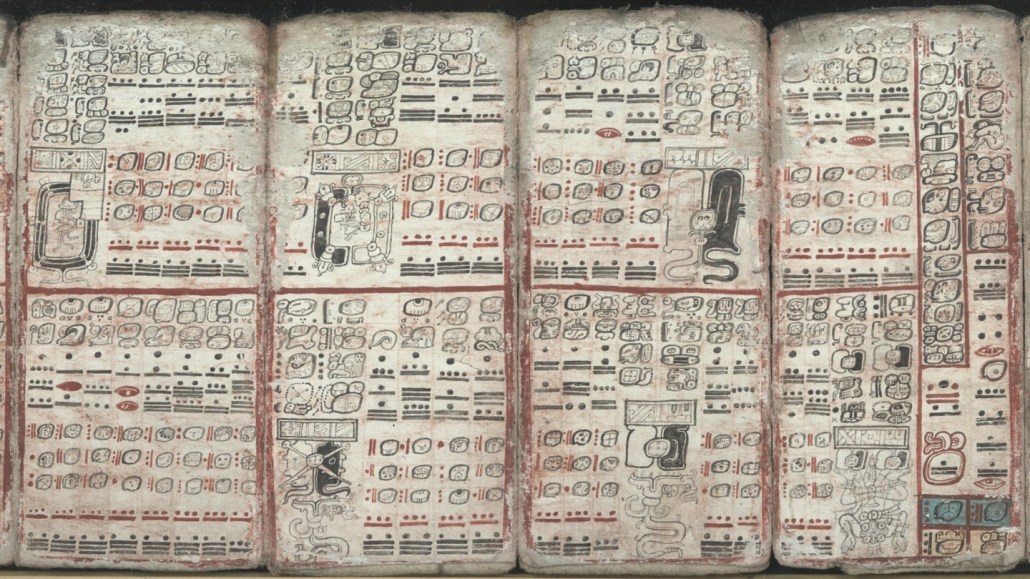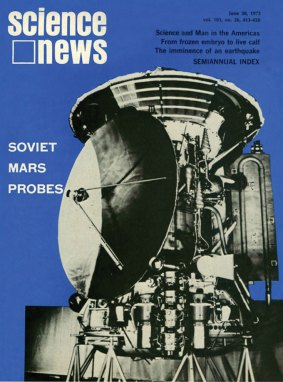50 years ago, a search for proof that the Maya tracked comets came up short
Excerpt from the June 30, 1973 issue of Science News

Ancient Maya people tracked eclipses and other astronomical phenomena in a book called the Dresden Codex (several pages shown). Researchers suspect the Maya also may have tracked comets and meteorite showers, but evidence is sparse.
SLUB Poster/Wikimedia Commons
